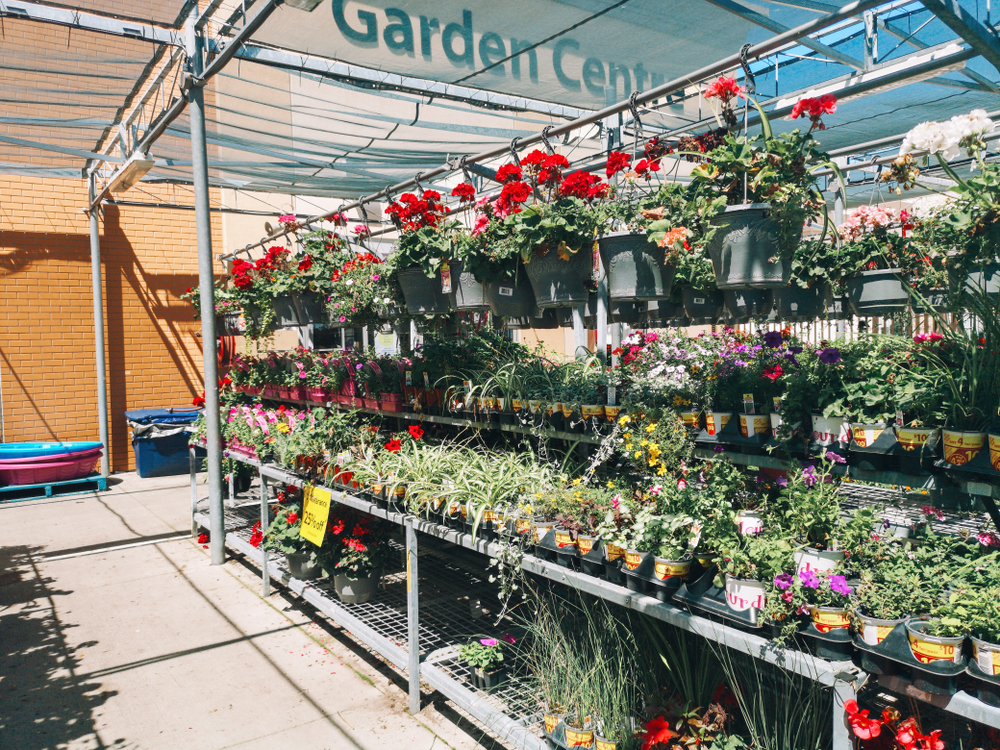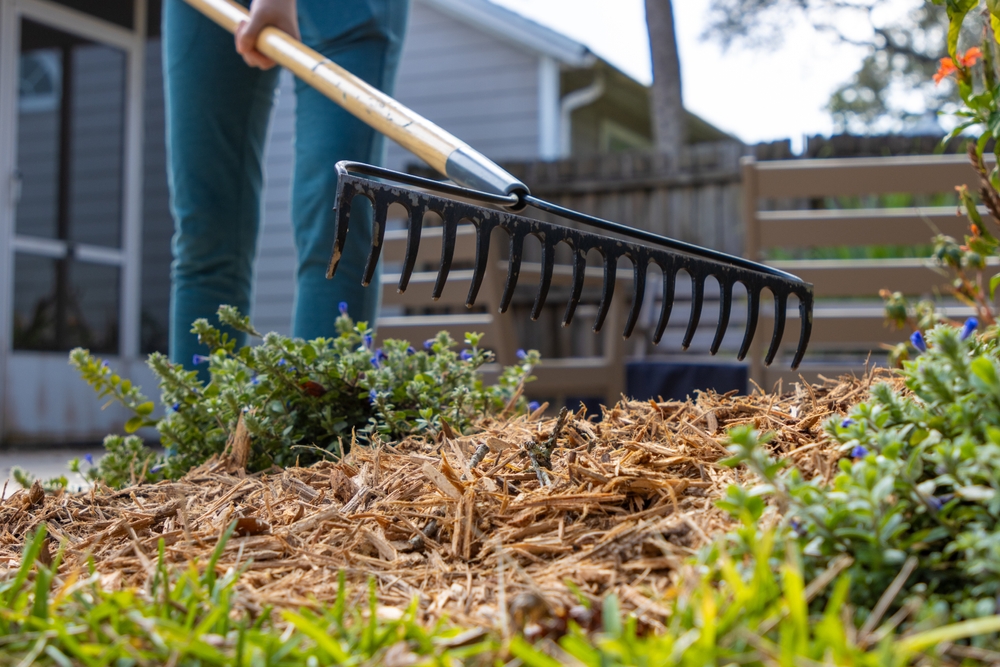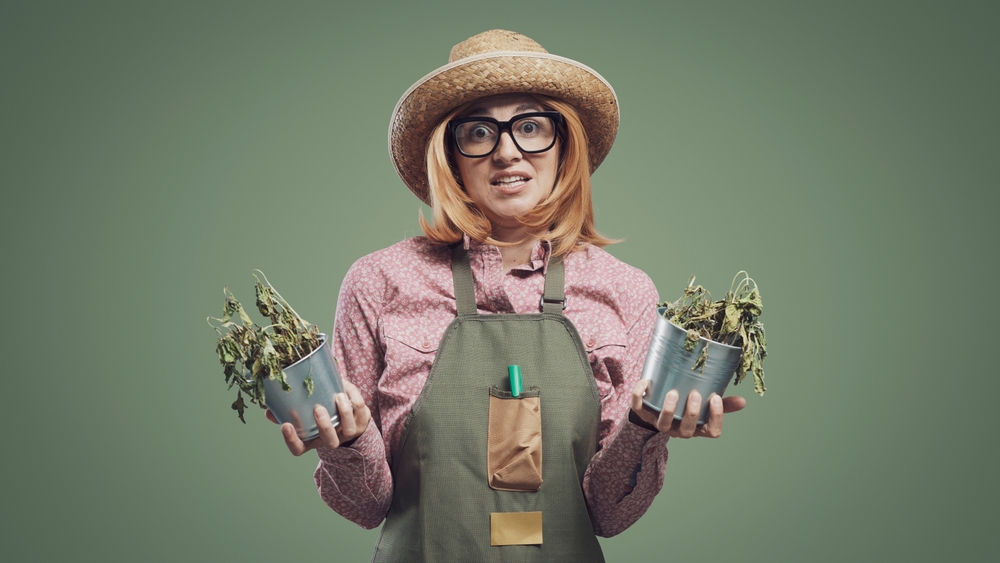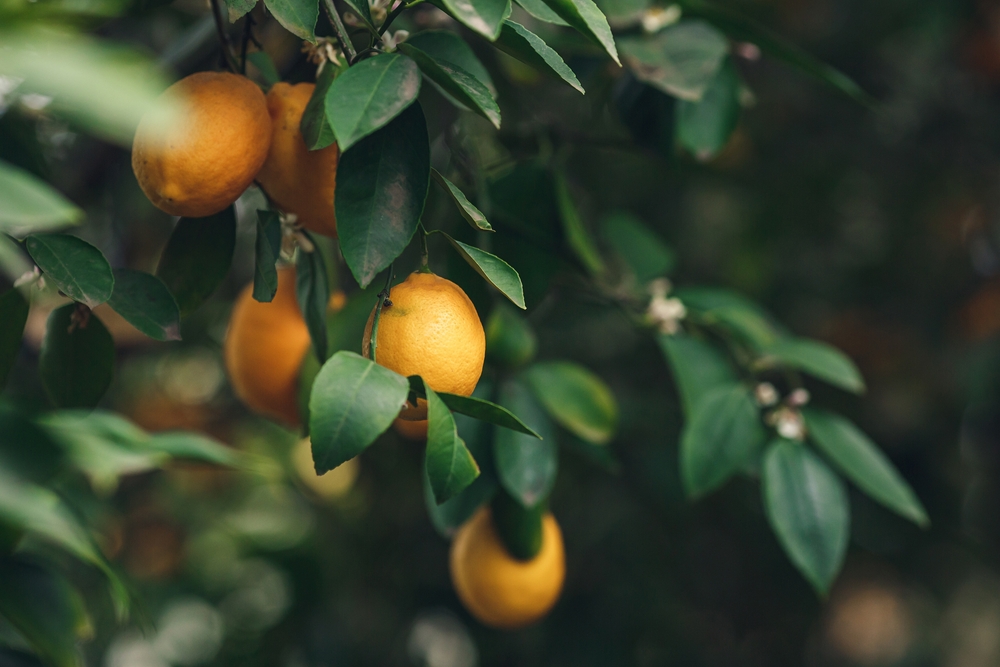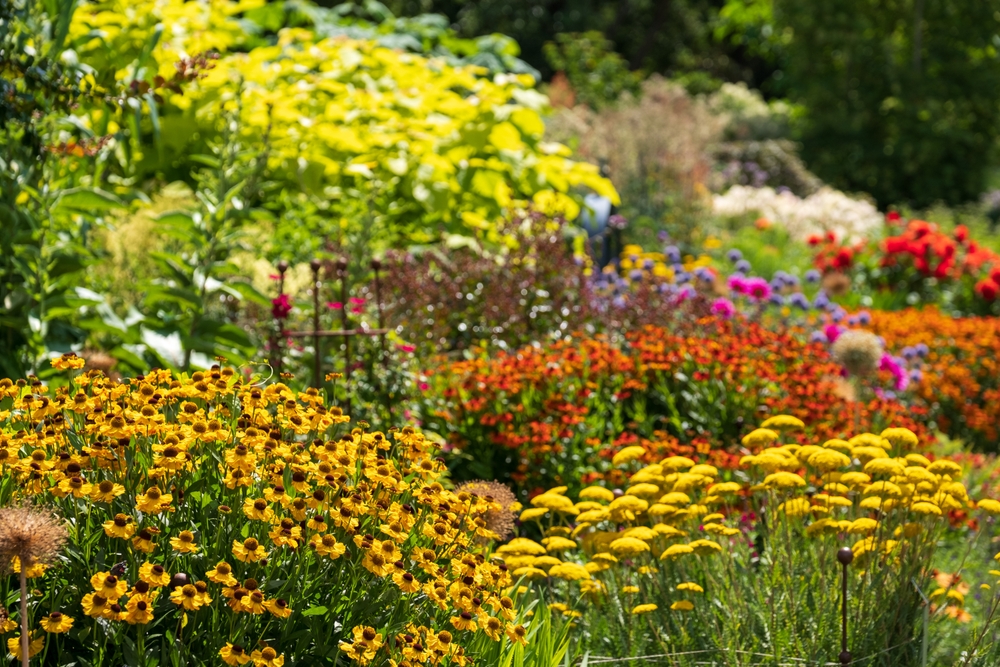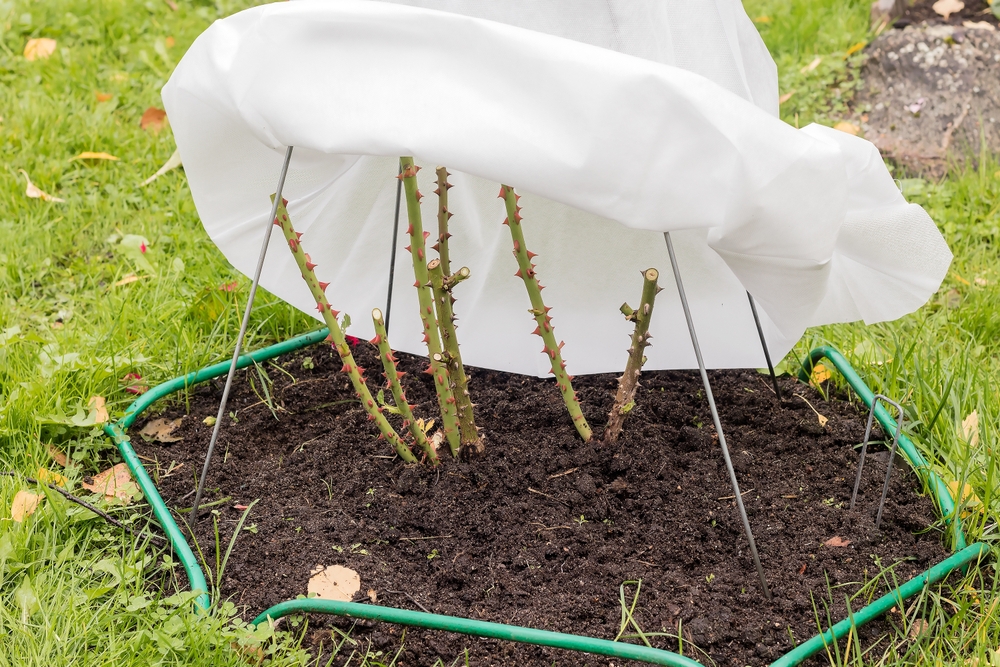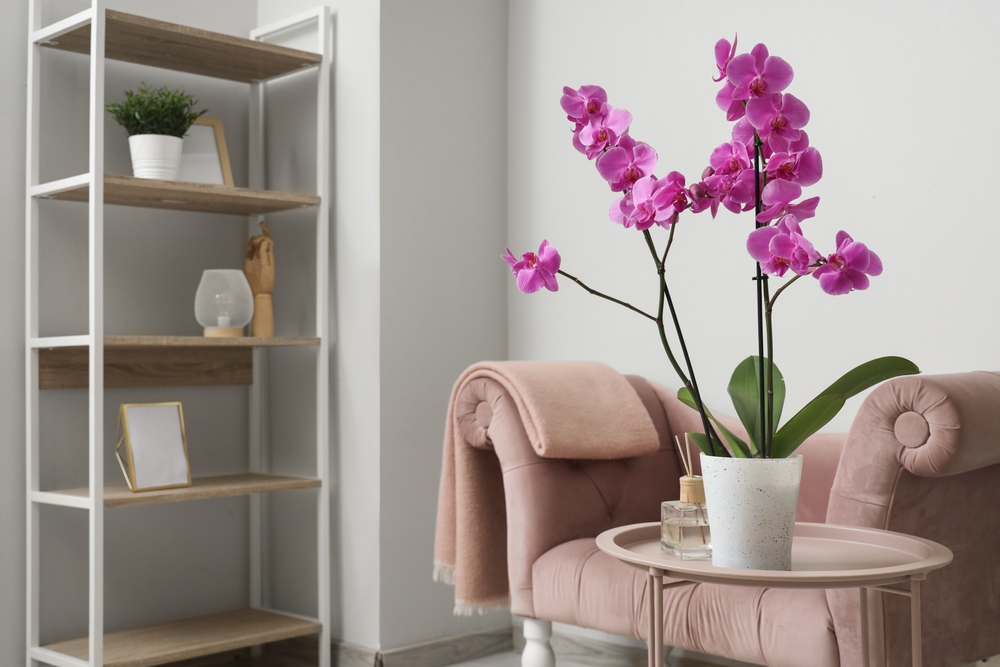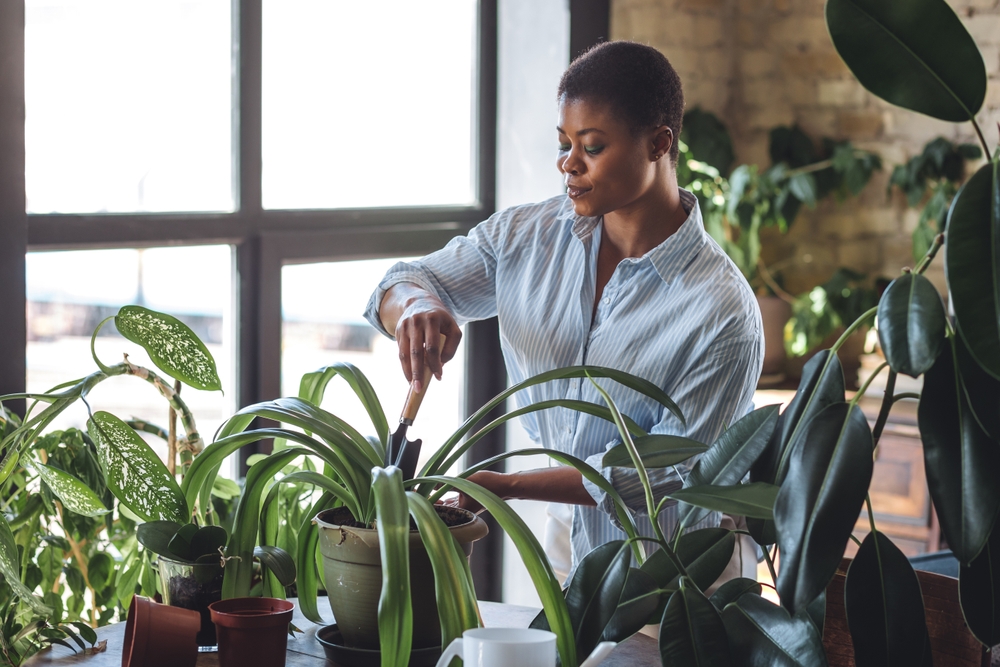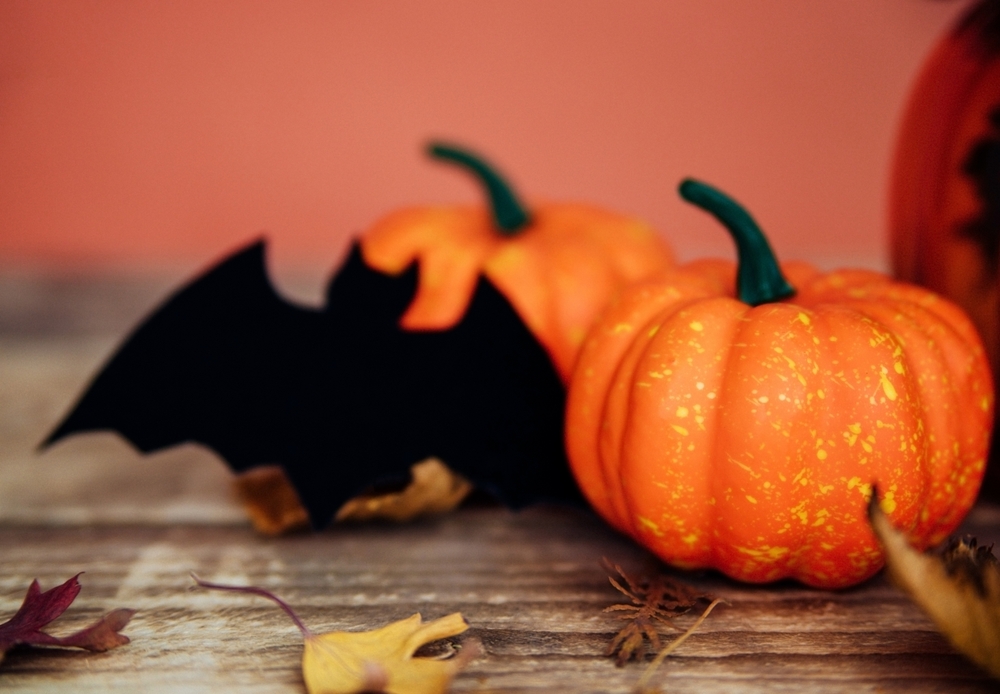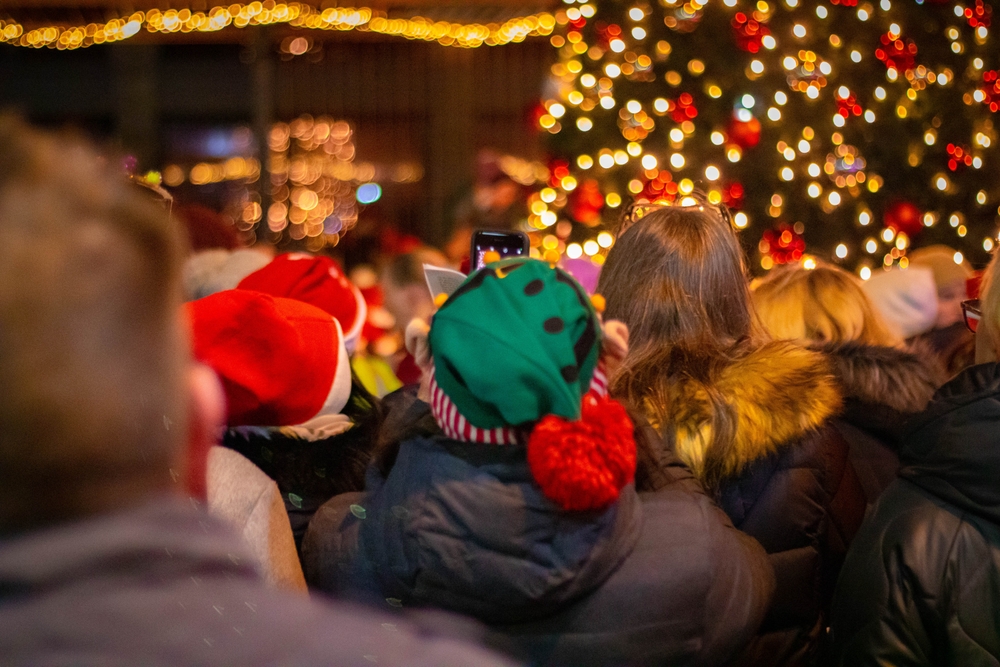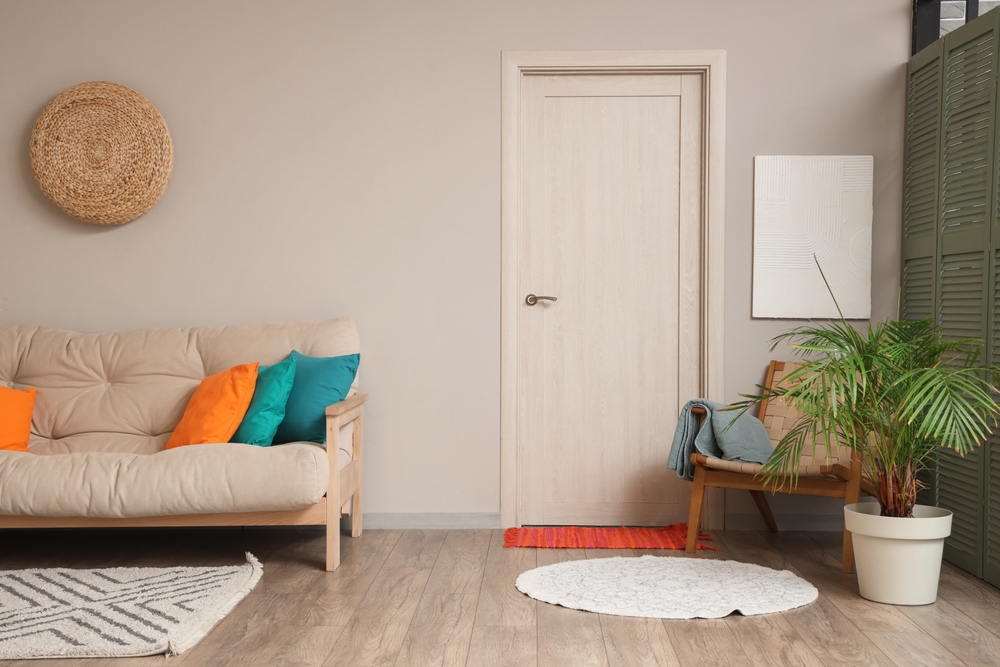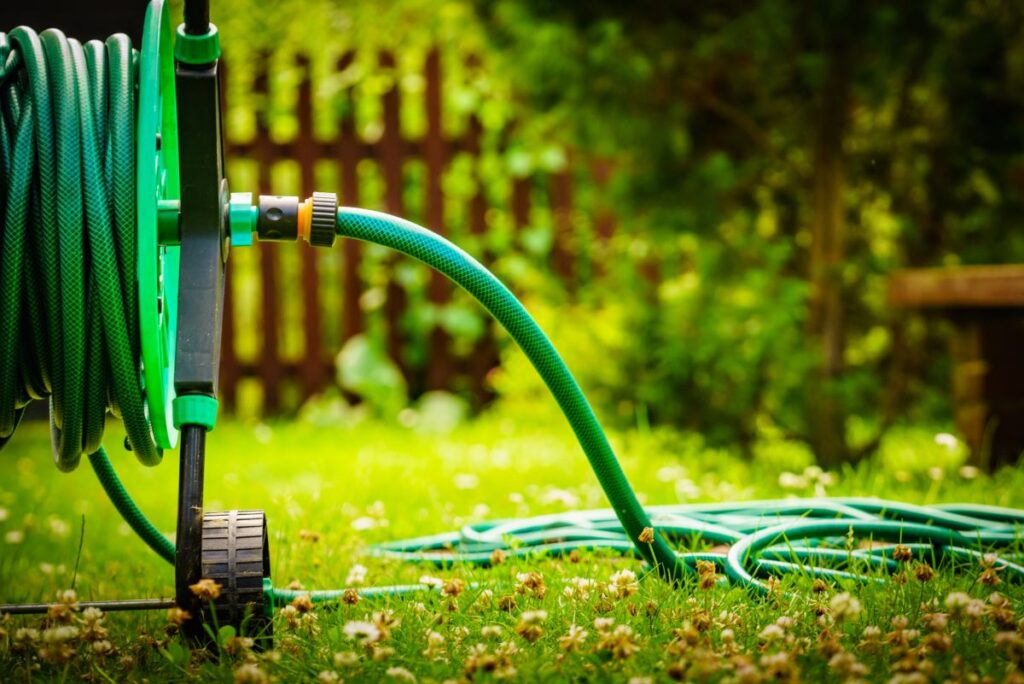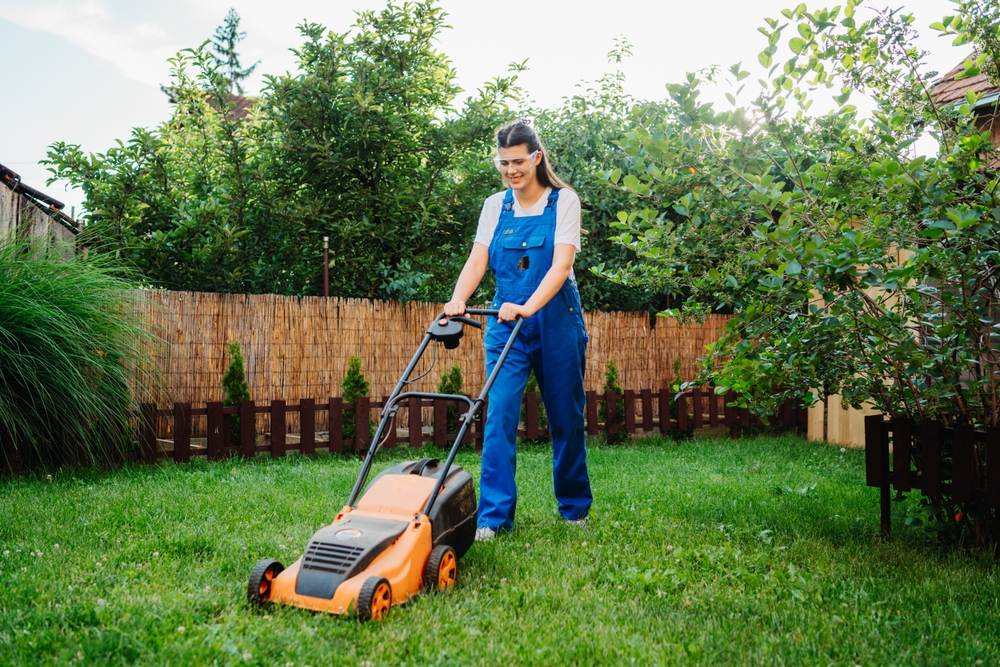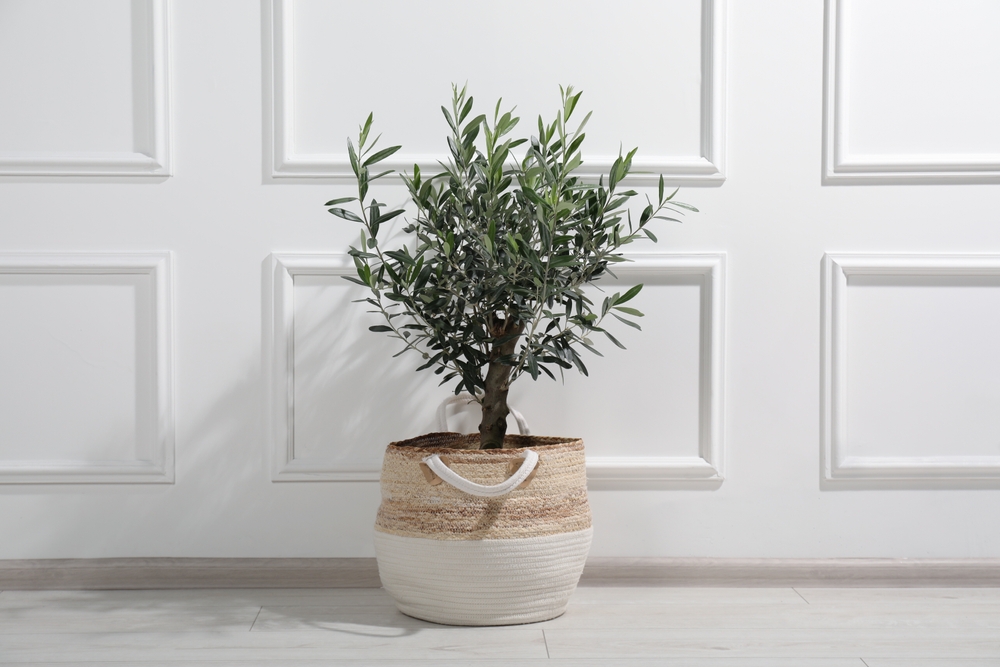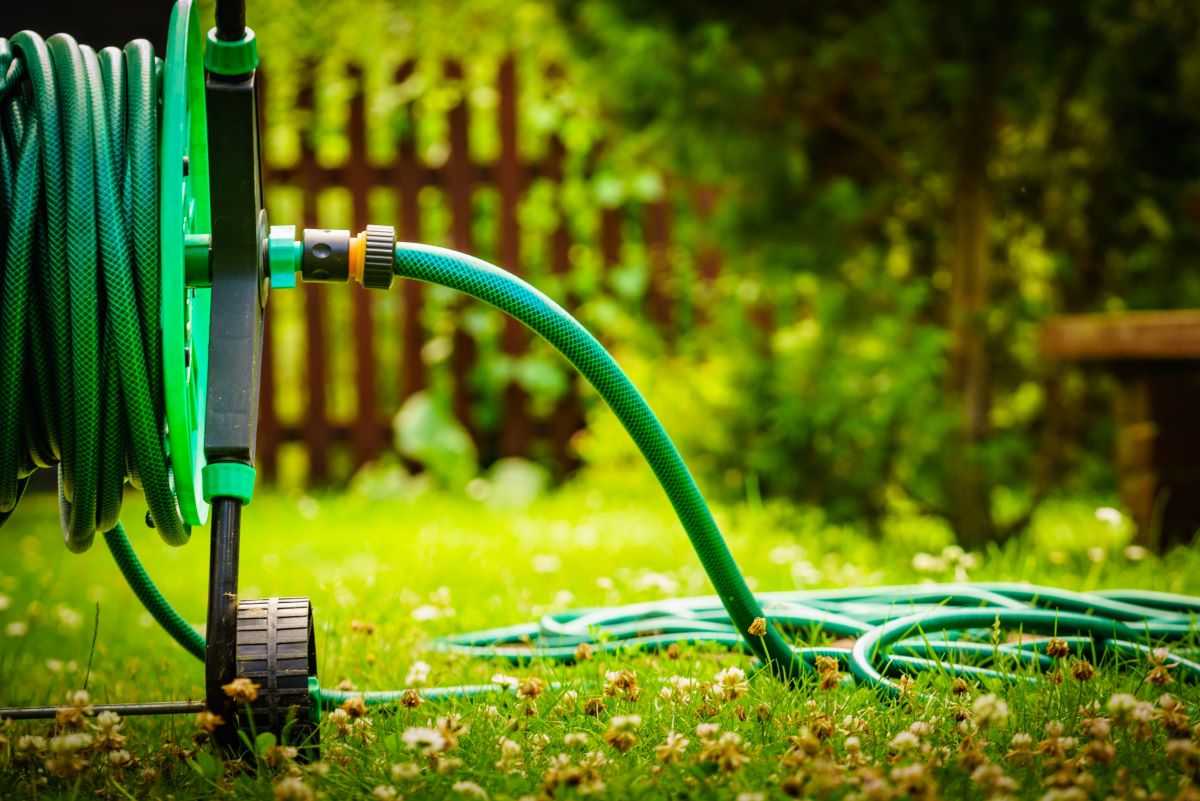
Many products that people are using nowadays include all sorts of toxic chemicals, hidden under various names or clearly mentioned for everyone to understand. Gardening supplies and products make no exception. In fact, according to various studies, fertilizers, hoses, plant food and even garden decorations contain dangerous chemicals which can lead to cancer or other sever health issues.
So, before you put on your gardening gloves and start working, check out these 10 items can be extremely toxic. You might want to replace them with better and safer alternatives.
-
PVC Garden Hoses
Alternative: Rubber Hose
According to consumer testing group Healthy Stuff, their tests revealed that garden hoses made of PVC include phthalates, a class of chemicals used in various products, with numerous adverse effects on human health, including endocrine disruptions, genital problems and breast cancer. This makes garden hoses highly toxic.
Avoid using PVC hoses as a water source for you or your pets. If you want to fill your dog’s water bowl. At least let the water run for a few minutes before filling it up. Better yet, replace the PVC hose with a rubber one. It’s way safer for everyone!
-
Cocoa Bean Mulch
Alternative: Shredded Leaves
Cocoa bean mulch does not pose a danger to humans. The same cannot be said when it comes to animals, therefore, for your pet’s safety, you might want to use it with care, or, better yet, not at all.
Cocoa bean mulch is made from hulls or shells of cocoa beans. These contain theobromine, a chemical which can be dangerous to dogs, causing hyperactivity, diarrhea, nausea, vomiting and seizures. To add insult to injury, it smells like chocolate, making it quite enticing to dogs. But similar to chocolate, it can be just as dangerous to your furry friend.
Instead of cocoa bean mulch, opt for shredded pine bark or leaf mulch.
-
Fertilizer and Plant Food
Alternative: Organic Compost
These products might not seem dangerous, but they are, due to their nitrate content. In fact, they are one of the most toxic garden items people might be using.
Nitrates have severe effects on one’s health, among which affecting the ability of red blood cells to carry and delivery oxygen.
As stated by the American Association of Poison Control Centers, approximately 5,000 cases of poisoning caused by indoor household plant foods and fertilizers have been reported in this past year. Most cases occurred with children under 5.
The safer alternative? Go for organic compost or slow-release fertilizers. And if it is imperative that you use commercial fertilizer, make sure it is properly stored away from small hands and furry paws.
-
Kneeling Pads
Alternative: Garden Stool
Apart from gloves and garden hoses, kneeling pads can also pose a serious health risk. 13 types of kneeling pads were tested by HealthyStuff.org and the results were not very encouraging. As a matter of fact, tests showed that kneeling pads contain various toxic chemicals which can affect one’s health.
As explained by research director, Jeff Gearhart, “even if you are an organic gardener, and doing everything you can to avoid pesticides and fertilizers, you still may be introducing hazardous substances into your soil by using these products.”
Luckily, there are safer alternatives that you can opt for. Instead of plastic items, use a low wooden or metal garden stool.
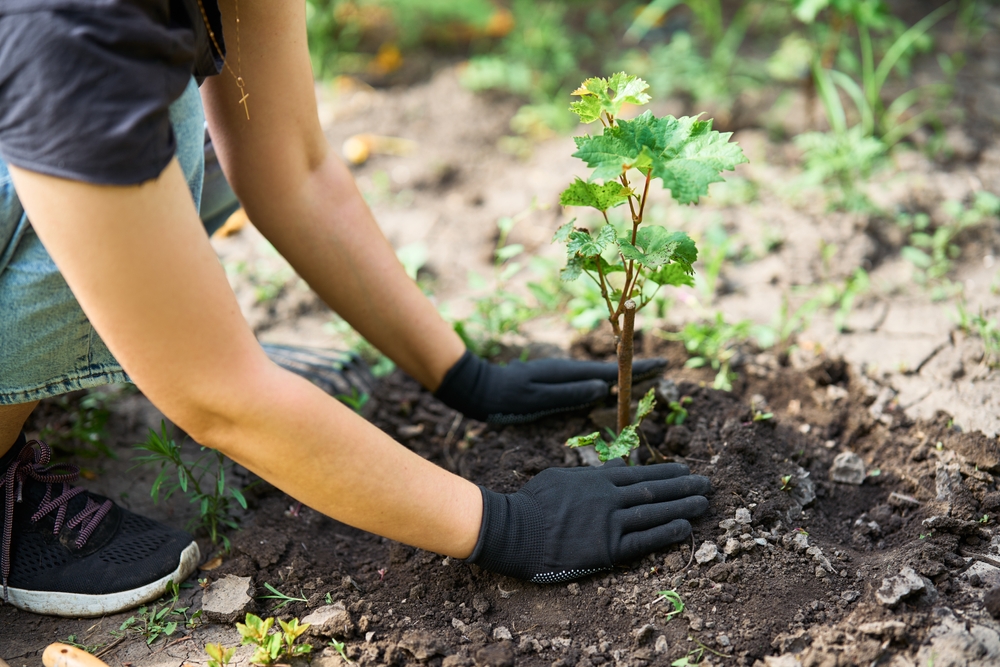
-
Plastic Garden Gloves
Alternative: Cotton, Leather or Rubber
You might be using your garden gloves for protection against thorns, prickles and the like, but guess what? They come with their own set of negative consequences to one’s health. That’s because they contain their own set of toxic components, including lead, chlorine, bromine, cadmium, phthalates, and bisphenol A (BPA).
Again, HealthyStuff.org discovered that more than 60% of the items undergoing their analysis, were tested positive with dangerous chemicals.
Fortunately, you don’t have to give up your gardening passion just because the gloves do not fit. You can always go with heavy-duty cotton, leather or rubber gloves. You can also use the gloves that you use when you wash the dishes.
-
Herbicides
Alternative: Non toxic mulch
Herbicides are meant to help you get rid of nasty weeds, but they might be doing more than that. As a matter of fact, they are not only toxic for plants, but for people too. According to a Swedish study, herbicide glyphosate, also known as Roundup, has been found to have possible implications in the occurrence of non-Hodgkin’s lymphoma cancer.
Another study performed by Texas A&M University researchers showed that “unfortunately, whatever is lethal to a pest or weed will usually cause illness in human adults and even more severe symptoms in children and pets.”
To make sure you’re on the safer side, eliminate weeds with the help of nontoxic mulch. You can also weed by hand whenever necessary. Or, you could simply replace the grass lawn with ground covers, and get rid of weeds for good.
-
Lead Garden Ornaments
Alternative: Glass, Cement, etc.
Lead is a dangerous neurotoxin with great impact on one’s health. It can cause nervous system issues, anemia, nausea, seizures and affect one’s learning abilities in children. Lead poisoning is most frequent among kids but adults can become victims of its consequences, as well, if repeatedly exposed to lead.
Garden decorations containing lead have been on the market for ages. Some can only be found in antique shops while others, like lead-based hanging balls, ornaments or mobiles, can be bought right from garden centers.
Do not make this mistake anymore, and stop buying such toxic items. Opt for tempered glass balls, wood carvings, cement or marble, terra cotta items.
-
Brass Faucets and Hose Fixtures
Alternative: Copper
Garden decorations are not the only items that hide suspicious amounts of lead. Brass faucets and fixtures also contain this chemical metal. Given that faucets might get chipped, the chances of lead dust reaching your soil or your skin are quite high.
To prevent this from happening, choose copper instead of brass faucets. In addition, if you’re thinking of buying a house, look for one with steel or aluminum connector tips. It might seem like a such a minor detail but it can have a major importance in the long run.
You might also like: Your Garden CAN Look Magical This Winter – Here’s How
-
Pesticides and Insecticides
Alternative: Companion Planting
Why are pesticides and insecticides effective? Because of their pyrethroid content, a chemical which affects the nervous system of an insect, leading to its death. Unfortunately, these chemicals can also attack the human organism, in some cases, imitating estrogen and increasing the risk of breast cancer, as explained by Scientific American.
Pesticides and insecticides are especially dangerous for pregnant women, who, as warned by AmericanPregnancy.org, should avoid contact with such substances. This is particularly important in the first trimester, when the baby develops the nervous system.
A safer option would be companion planting. It consists of a mix of crushed garlic, liquid dish soap and water. Put it in a spray container and use it to get rid of insects such as ants, aphids, caterpillars, beetles, whitefly, and even cabbage worms.
-
Shredded Tire Mulch
Alternative: Shredded Plant Material
Recycling old tires is always a good idea instead of throwing them away. But repurposing them into garden mulch, as some people do, is not recommended. Why? Because the rubber in tires may be treated with heavy metals, like cadmium, chromium, molybdenum and polyaromatic hydrocarbons (PAHs). These can end up in your garden soil and affect roots, leaves and fruits. Not to mention they can also leach into streams and water systems. “Research has shown that entire aquatic communities are injured or killed when exposed to these chemicals,” says FineGardening.com.
The alternative? It’s better for everyone to stick to shredded pine bark or leaf mulch.

